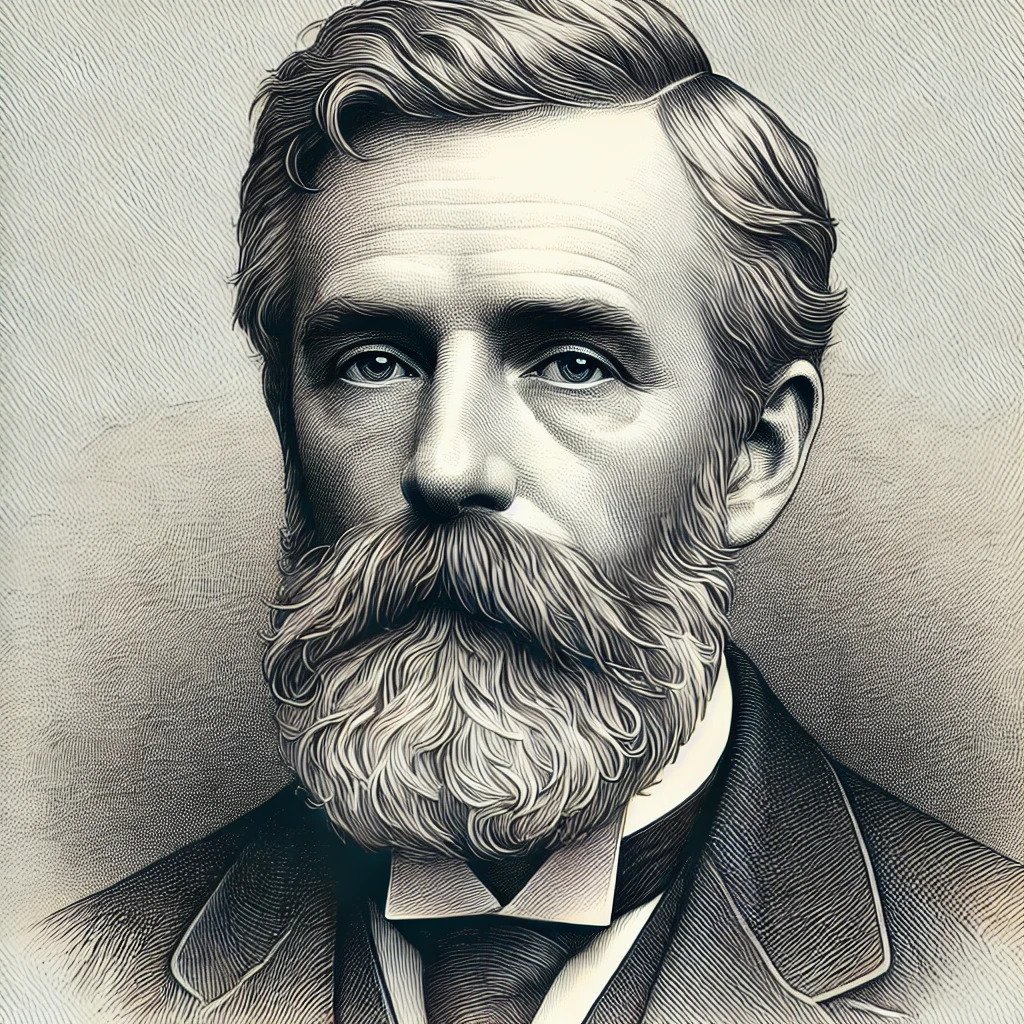Introduction
We often perceive that Failure is the end of the road, but in reality, it’s just a stepping stone towards success. Many renowned individuals faced countless obstacles before achieving greatness. Their stories serve as powerful reminders that perseverance and resilience can lead to monumental success, even after numerous setbacks. This article will explore the life of one such individual, George Bernard Shaw, whose journey from obscurity and failure to worldwide acclaim is a testament to the transformative power of hard work and determination.
Early Struggles: Shaw’s Humble Beginnings
Born on July 26, 1856, George Bernard Shaw emerged as one of the most influential playwrights, critics, and political activists of the 20th century. Shaw’s journey to success was not straightforward; it was marked by failures, personal struggles, and relentless determination. His story offers hope and motivation to those who feel stuck in a cycle of setbacks and doubt their ability to succeed.
George Bernard Shaw was born into a modest Irish family, which struggled financially throughout his childhood. His father, George Carr Shaw, was a failed grain merchant and an alcoholic, while his mother, Lucinda Elizabeth, was a music teacher who barely managed to make ends meet. Despite his intellectual gifts, Shaw despised the formal education he received, finding the school system uninspiring. Between 1865 and 1871, Shaw attended several schools but eventually dropped out at 15, declaring that they were no better than “prisons for children.”
After leaving school, Shaw worked as a junior clerk in Dublin, but he longed for something more. In 1876, he moved to London, hoping to find his footing as a writer. This move would begin a long period of struggle and financial hardship, during which Shaw faced repeated rejections.
Facing Failure: Years of Rejection and Poverty
Upon arriving in London, Shaw spent nine years writing tirelessly, only to face constant rejection. He completed five novels, all of which were turned down by publishers. His financial situation was dire—he couldn’t afford postage to send his manuscripts to publishers, and he often relied on his mother’s financial support to survive. For Shaw, success seemed like a distant dream. Despite these challenges, he refused to give up, driven by an unwavering belief in his abilities.
His initial foray into playwriting wasn’t any more successful. Shaw’s early plays were commercial failures, and his self-confidence took a hit. These failures could have been the end for many, but Shaw saw them as opportunities to learn and improve. This perseverance eventually led to his breakthrough.
Overcoming Personal Challenges: From Shyness to Confidence
Apart from professional setbacks, Shaw also faced significant personal challenges. As a child and young man, Shaw struggled with extreme shyness and a deep-seated sense of inferiority. Public speaking terrified him—his hands would shake uncontrollably, and his voice would falter. But instead of letting these fears define him, Shaw made a conscious decision to confront them.
To overcome his fears, Shaw enrolled in a public speaking school and attended every public meeting he could find in London. He forced himself to speak at these events, despite the terror he felt. Over time, Shaw’s confidence grew. What had once been a debilitating fear of public speaking became one of his greatest strengths. Eventually, he transformed into one of the most commanding speakers of his generation, with people paying to hear his lectures.
The Turning Point: Shaw’s Rise to Success
Shaw’s resilience finally paid off when his plays began gaining recognition. His early failures as a novelist and playwright were overshadowed by the immense success of his later works. Over the course of his career, Shaw wrote more than 60 plays, including classics like Pygmalion, Man and Superman, and Major Barbara. His sharp wit, combined with his ability to address social and political issues through satire, made him one of the most influential dramatists in the English language.
In 1925, Shaw’s achievements were acknowledged on the global stage when he was awarded the Nobel Prize in Literature. While Shaw accepted the honor, he famously rejected the monetary prize, amounting to nearly £7,000, demonstrating his disinterest in wealth for its own sake. Despite reaching the pinnacle of success, Shaw remained humble, focusing on his work and contributing to society.
A Legacy of Perseverance: Lessons from Shaw’s Life
Even after achieving widespread acclaim, Shaw never rested on his laurels. At the age of 90, when asked about death, he humorously replied, “I am so busy, I have no time to think about death.” This dedication to his craft, even in old age, exemplifies the relentless work ethic that defined Shaw’s life.
On November 2, 1950, George Bernard Shaw passed away, leaving behind a legacy that continues to inspire. His life story serves as a reminder that failure is not the opposite of success, but a crucial part of the journey towards it. Shaw teaches us that personal and professional setbacks can be overcome with determination, and that success is within reach for those who persist.
Conclusion: Never Give Up on Your Dreams
George Bernard Shaw’s journey from failure to success is a powerful example of what can be achieved through perseverance. His early struggles, both personal and professional, could have easily led him to give up. But instead, Shaw chose to confront his fears, learn from his failures, and continue striving toward his goals. His story is a source of inspiration for anyone facing obstacles in their own life. No matter how difficult the path may seem, success is possible if you refuse to give up.
By focusing on self-improvement, embracing failure as a learning experience, and maintaining a steadfast belief in your potential, you too can achieve greatness. As Shaw’s life demonstrates, the road to success is often paved with failures—but those failures can lead to your greatest triumphs.
Frequently Asked Questions (FAQs)
How did Shaw view his failures? Shaw saw failures as opportunities to learn and grow, ultimately viewing them as stepping stones on his path to success.
What were George Bernard Shaw’s early struggles? Shaw faced extreme poverty, rejection of his early works, and a difficult personal life, including shyness and self-doubt.
How did Shaw overcome his fear of public speaking? Shaw enrolled in public speaking schools and attended numerous public meetings, forcing himself to speak despite his fears. Over time, he developed confidence and became a powerful speaker.
What were Shaw’s most famous works? Shaw wrote more than 60 plays, with notable works including Pygmalion, Man and Superman, and Major Barbara.
Did George Bernard Shaw ever win any awards? Yes, Shaw was awarded the Nobel Prize in Literature in 1925 for his contributions to drama and literature.
What lesson can be learned from Shaw’s life? Shaw’s life teaches us that persistence in the face of failure, combined with self-improvement, can lead to success.


1 Comment
Can you be more specific about the content of your article? After reading it, I still have some doubts. Hope you can help me.